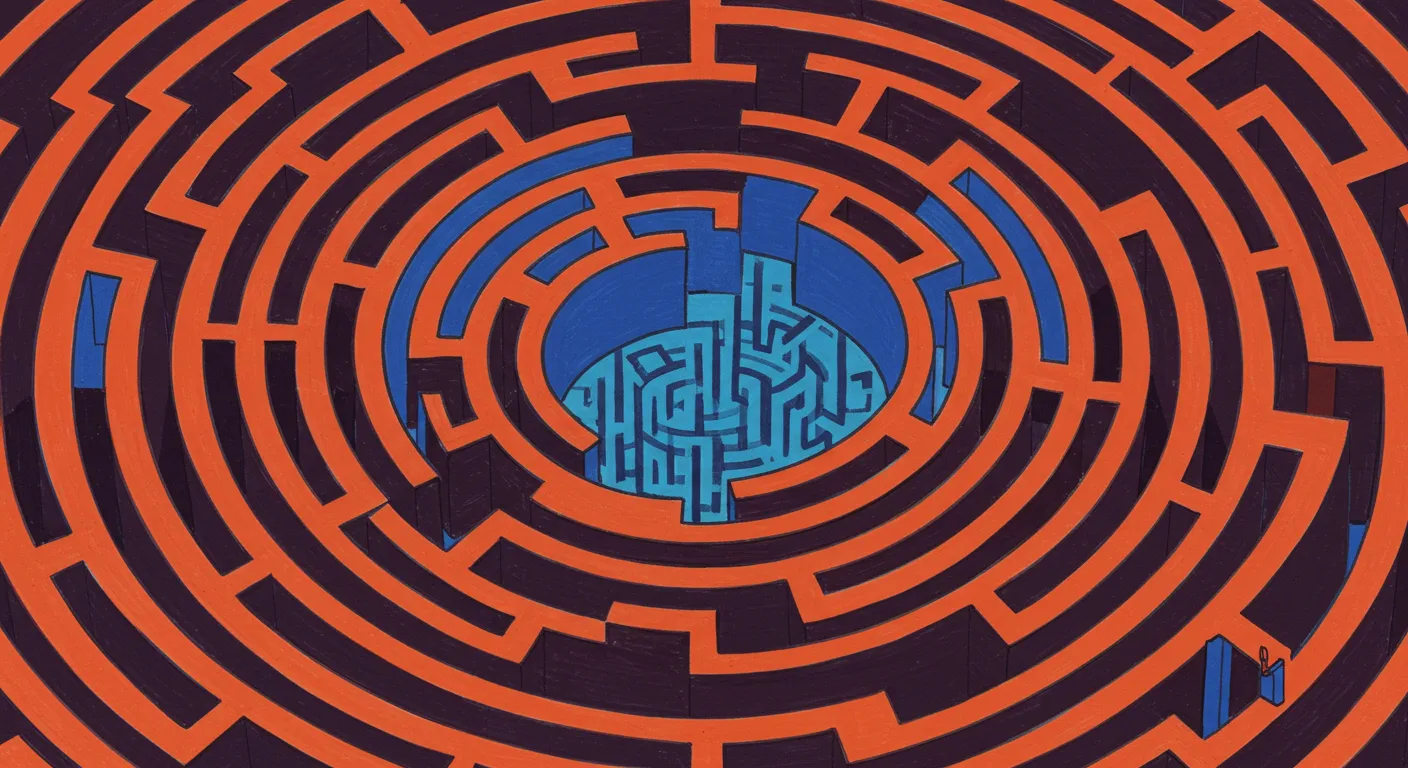In the rapidly evolving world of artificial intelligence, a heated online debate has erupted over the murky legal status of AI-generated content. Online commentators are wrestling with complex questions about copyright, ownership, and intellectual property rights that challenge traditional legal frameworks.
The core of the discussion centers on a fundamental uncertainty: Who actually owns content created by AI tools? While some online participants argue that AI-generated work without human interaction is automatically ineligible for copyright protection, others point to nuanced scenarios where human prompting might create a potential claim to ownership.
Legal ambiguity seems to be the only clear consensus. Commentators referenced the U.S. Copyright Office's recent reports, which suggest that copyright status depends heavily on the degree of human creative input. Some argue that simply using an AI tool doesn't guarantee copyright protection, while others warn about potential intellectual property violations.
The conversation also dove into the terms of service for major AI providers like OpenAI, highlighting another layer of complexity. Some participants noted that these platforms' terms can restrict how generated content can be used, even if the copyright status remains uncertain. This creates a practical landscape where legal rights are more about platform policies than clear-cut laws.
Perhaps most tellingly, the online discussion revealed a widespread acknowledgment that the legal ecosystem around AI-generated content is still uncharted territory. As AI technology continues to advance, these conversations suggest we're witnessing the early stages of what will likely be prolonged legal and ethical debates about the nature of creativity, authorship, and ownership in the digital age.


